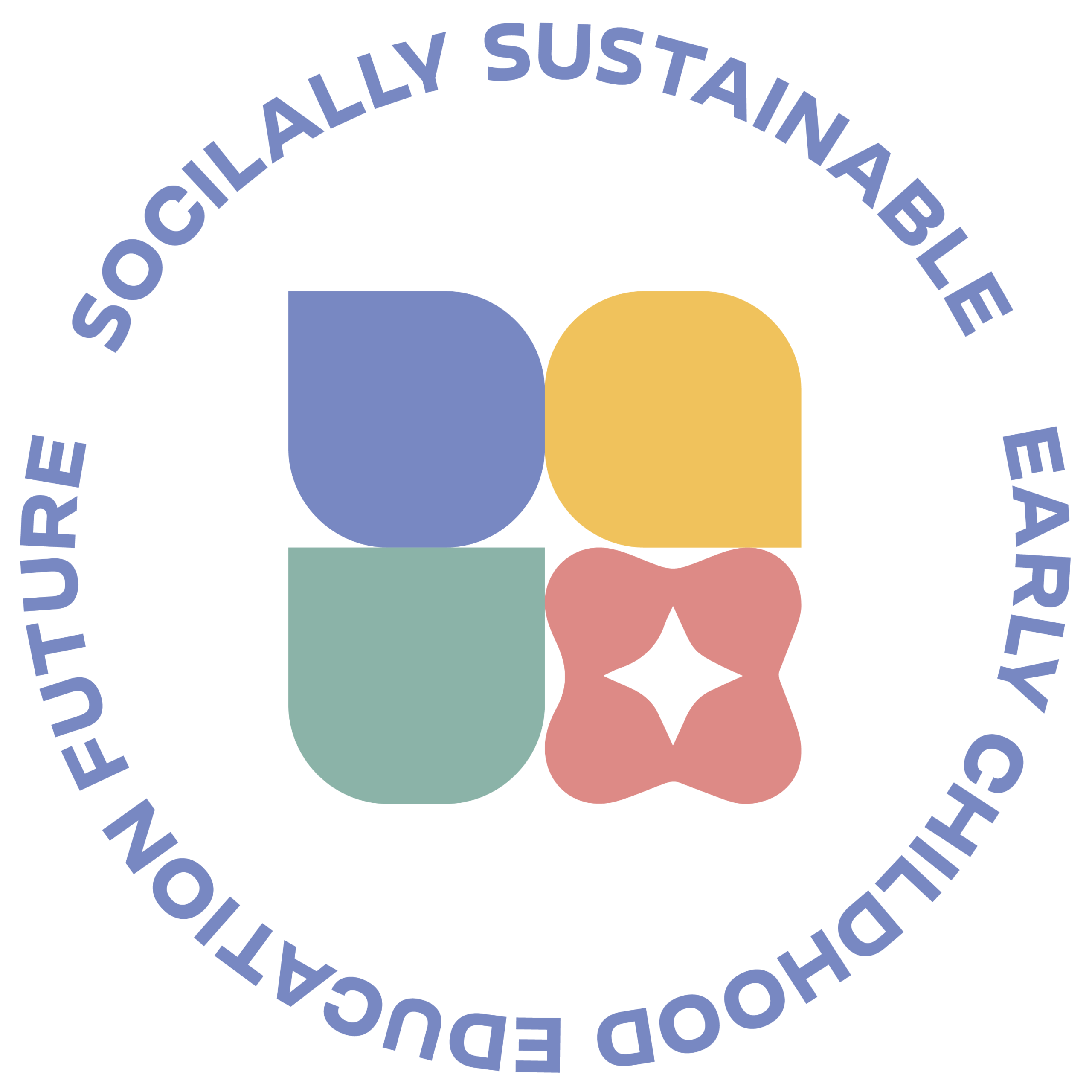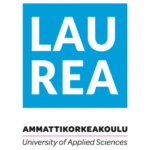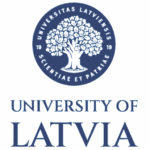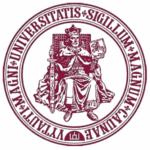
About the SoSECE Project
The SoSECE project aims to strengthen social sustainability in early childhood education and care (ECEC) by enhancing collaboration among professionals and institutions in Finland, Estonia, Latvia, and Lithuania.
Objectives
SoSECE addresses the growing societal need for socially inclusive and innovative education systems. The project promotes:
- Social sustainability in ECEC
- Multi-professional collaboration between educators, social pedagogues, and other professionals
- High-quality learning environments and practices.
Implementation
We work together with academic and practical partners to:
Conduct assessments and collaborative development activities
Design a training strategy for ECEC professionals
Create resources, including:
A project website
An open online course (MOOC)
A practical toolkit for educators
National seminars and a European-wide final conference
A research publication documenting results
All activities are designed to share knowledge, highlight real-world examples, and promote continuous learning.
Expected Results
The project will:
Equip ECEC professionals with tools to apply multi-professional approaches in daily work
Strengthen the quality and sustainability of ECEC, especially in socially challenging contexts
Provide policymakers with insights into enhancing ECEC systems through cooperation and inclusive practices
SoSECE contributes to a shared European vision of inclusive, sustainable, and future-oriented early childhood education.
Project Partners
Practical partner: City of Vantaa, Early Childhood Education and Care services
Development theme in the project: In Finland, a central theme of the project is to examine the role of early childhood education social pedagogues in practice as part of multidisciplinary teams. At the same time, models are being developed to support the integration of social pedagogues into early childhood education and care and to strengthen social pedagogical expertise as part of everyday life.
Objectives: In Finland, the challenge in early childhood education is particularly the availability of qualified personnel and their commitment to work. In the future, alongside early childhood education teachers and childminders, there will be an increasing number of early childhood education social pedagogues, who can help alleviate the labor shortage. The work of social pedagogues has a social pedagogical emphasis, which brings new expertise to early childhood education and care in approaching the entirety of education, teaching, and care from social, communal, and diverse family situations. The project develops training and tools that provide information on the social pedagogical approach in early childhood education and care, as well as the skills to work using broad-based expertise in a socially sustainable way and to lead multidisciplinary teamwork.
Contact person
Virpi Lund
virpi.lund@laurea.fi
The University of Latvia is one of the oldest universities in Latvia, founded in 1919. After the consolidation process in 2024 there are 5 large faculties, the largest of which is the Faculty of Educational Sciences and Psychology. The total number of students at the University is 15 000, of which 4200 study at the Faculty of Educational Sciences and Psychology. The University of Latvia implements 146 study programmes in all higher education cycles – first-level professional, bachelor, master and doctoral. The Faculty of Educational Sciences and Psychology is involved in the implementation of programmes in all these cycles. The academic staff of UL is 771, including 186 professors.
Contact person
Prof. Emeritus Ilze Ivanova
ilze.ivanova@lu.lv
Practical partners: Rakvere Rohuaia kindergarten, Rakvere Social Centre
Development theme in the project: In Estonia, the main focus of the project is to develop and implement in-service training (continuous education courses) for ECE professionals to better understand the role of social pedagogues and be able to incorporate their services in the everyday life of kindergarten. The further goal is to see social pedagogues being an integral part of the multiprofessional ECE team and to help bring this into life.
Objectives: Estonia is undergoing an education reform, aiming for 100% Estonian-language instruction in pre-school and school education. Consequently, Narva College is updating its curriculum for preschool teachers. Initially focused on teaching Estonian as a second language, the curriculum now increasingly integrates social pedagogy to prepare future early childhood educators for the challenges posed by the reform and other trends. To better incorporate the most relevant material into the curriculum the project activities and results are essential.
Contact person
Anastassia Tuuder
anastassia.tuuder@ut.ee
Practical partner: Lithuanian College of Democracy
Development theme in the project: Vytautas Magnus University Academy of Education team are conducting research and dissemination activities, in-service trainings, round table discussions and seminars, developing online training materials for ECEC professionals and policymakers to gain knowledge about the multiprofessional approach, and better understand the importance of teamwork of different professionals like social pedagogues, pre-school educators and child care workers in the everyday life of kindergarten. The further goal of the SoSECE project is to foster collaboration in early childhood education and child care across four Baltic Sea Region countries like Finland, Estonia, Latvia, Lithuania.
Objectives: SoSECE project aims at cultivating and disseminating tools and methods that support professionals in establishing, sustaining, and advancing high quality social and pedagogical learning environments and practices, contributing to the creation of a socially sustainable future for ECEC. In Lithuania, the primary focus is on enhancing the quality of preschool education through principles of social inclusion and justice. To address this, the Academy of Education at Vytautas Magnus University aim to explore new theoretical models for socially sustainable early childhood education and more effective delivery of preschool education with social sensitivity. Moreover, developing specialized competencies in social inclusion and socially sustainable early childhood education among social pedagogues, pre-school educators, child care workers and administrators is prioritized.
Contact person
Danguolė Bylaitė-Šalavėjienė
danguole.bylaite-salavejiene@vdu.lt
EU ERASMUS + project “Socially Sustainable Early Childhood Education Future – SoSECE”
nr. 2024-1-FI01-KA220-SCH-000254061








